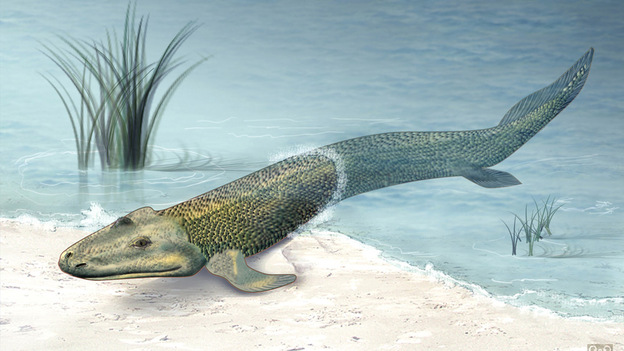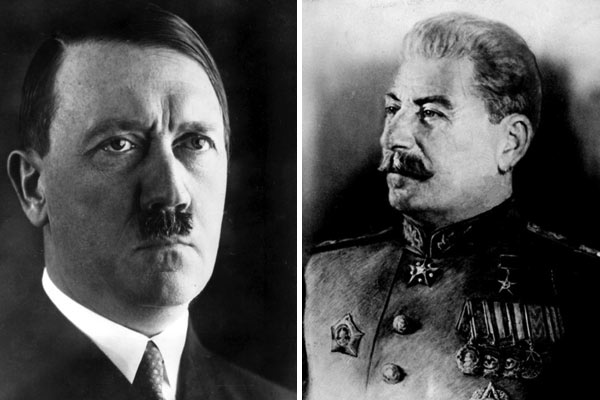NYTimes | Q. OVER YOUR CAREER, WHAT WOULD YOU SAY HAS BEEN YOUR MOST SIGNIFICANT FINDING?
A. In 2007, we were able to study how much energy neurons used and we quantified it. We studied different types of insect eyes — from tiny fruit fly eyes to huge blowfly eyes. In each creature, we worked out how much energy it takes for neurons in the brain to process information. What we learned was that the more information a fly’s eye needed to process, the more energy each unit of information consumed. That means that it’s bad, in the evolutionary sense, for an animal to have a bigger brain than it needs for survival. It’s like having a gas-eating Ferrari, when what you really need is Honda Civic.
Q. SO BIG BRAINS ARE NOT ALWAYS AN ADVANTAGE?
A. Bigger is better if you want to produce enormously complicated behavior. But in evolution, brains evolve by selection. There always is pressure on animals to produce behaviors for as little energy as possible. And that means for many animals, smaller brains are better because they won’t waste energy.
You know, there’s this pervasive idea in biology that I think is wrong. It goes: we humans are at the pinnacle of the evolutionary tree, and as you get up that tree, brain size must get bigger. But a fly is just as evolved as a human. It’s just evolved to a different niche.
In fact, in evolution there’s no drive towards bigger brains. It’s perfectly possible that under the right circumstances, you could get animals evolving small brains. Indeed, on some islands, where there’s reduced flora and fauna, you’ll see smaller versions of mainland species. I would argue that their brain size has been reduced because it saves energy, which permits them to survive in situations of scarcity. They also might not need big brains because they don’t have natural predators on the islands—and don’t have to be as smart because there’s nothing to avoid.
























